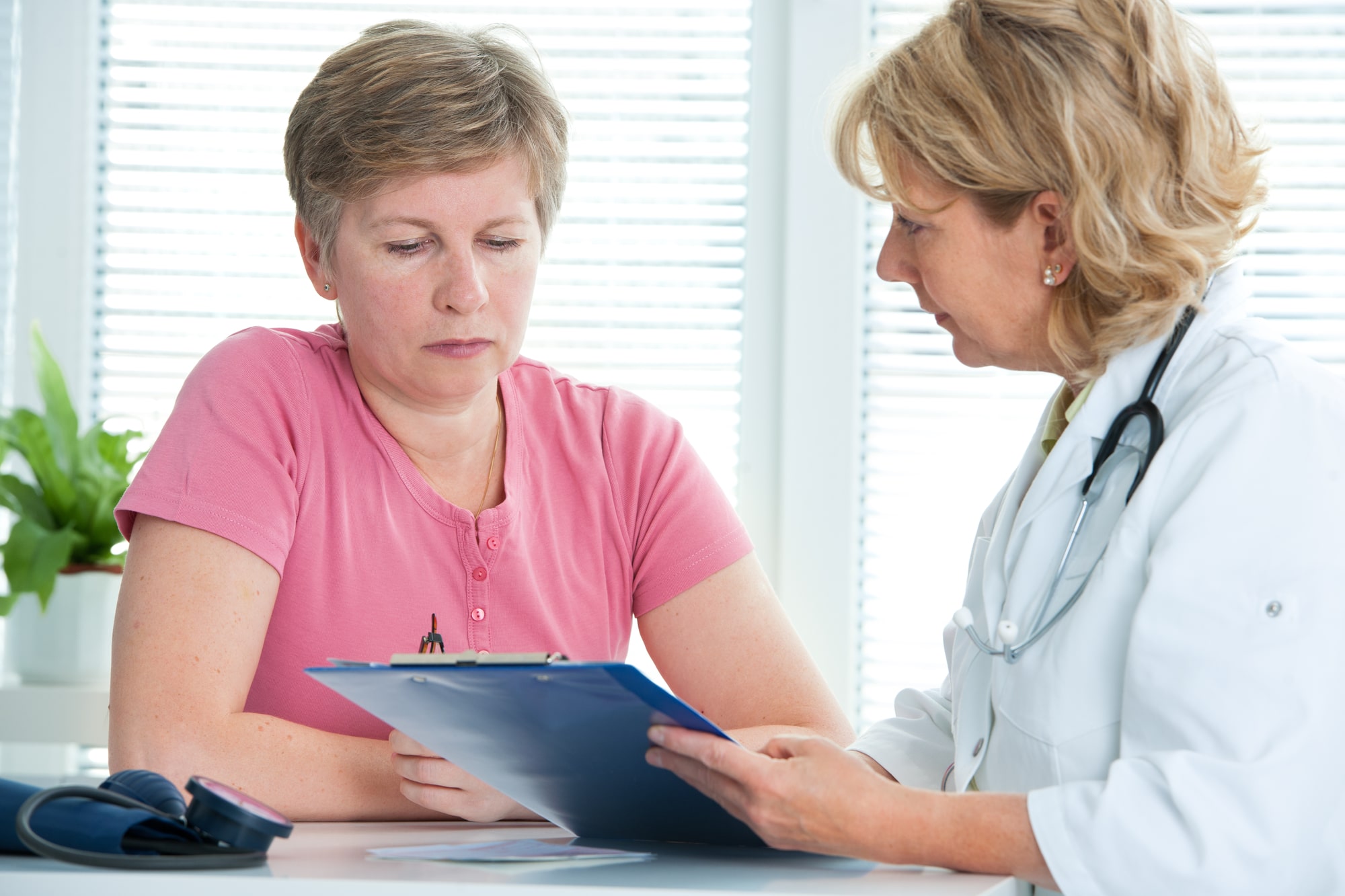
Top Health Issues In Senior Women + How To Reduce Your Risk
Posted on 11/16/2022
Picture a woman in her 60s leading a busy and active life. While she may be enjoying her golden years, it’s important that she also prioritizes her health and wellness. Unfortunately, as women age, they are at a heightened risk for various health problems. That doesn’t mean that these issues are inevitable, however. By making lifestyle changes and staying on top of regular check-ups, women can improve their health well into their senior years and reduce their risk of developing certain health issues.
To assist you in taking charge of your health, we looked at some of the most common women’s health issues after 60 and are sharing ways to manage and improve them.
Top Women’s Health Issues After 60
Heart Disease
Heart disease is the leading cause of death for women in the United States, contributing to about 1 in 5 female deaths each year. Women tend to be underdiagnosed for heart disease, as symptoms can often present differently in women than in men. But getting regular check-ups and monitoring your cholesterol levels can help catch any potential issues early on. Maintaining a healthy diet and staying physically active can lower your risk for heart disease too.
Stroke
According to research from the American Heart Association, 1 in 5 women between the ages of 55-75 will have a stroke in their lifetime (compared to only 1 in 6 men of the same age). High blood pressure, smoking, and diabetes are major contributing factors to stroke risk. Staying physically active, maintaining a healthy weight, and following a balanced diet can help prevent stroke.
Cancer
Several types of cancer disproportionately affect women over 60, including breast cancer, cervical cancer, and ovarian cancer. While there is no guaranteed way to prevent these cancers, regular screenings and check-ups can assist in early detection, which often leads to better treatment outcomes.
Diabetes
Type 2 diabetes is becoming increasingly common in older adults, and contracting this disease is a risk factor for many other health issues on this list. Maintaining a healthy weight and being physically active can lower your risk for diabetes. You should also monitor your blood sugar levels and follow a balanced diet.
UTIs
Urinary tract infections (UTIs) are quite common in senior women thanks to changes in hormones (which can throw your pH off balance) and the structure of the urinary tract. Drinking plenty of water, practicing good hygiene, emptying your bladder when you feel the urge to go (don’t hold it for extended periods of time), urinating after sex, and wiping from front to back can help prevent recurrent UTIs.
Incontinence
Incontinence can be a common issue for women as they age because the pelvic muscles weaken. Kegel exercises, which involve repeatedly squeezing and releasing the pelvic muscles, can help improve incontinence (and decrease the risk of developing it too). Maintaining a healthy weight and eating more fiber can also lower your incontinence risk.
Chronic Pain
Chronic pain, such as arthritis or back pain, can become more common in women after 60 due to natural wear and tear on the body. Maintaining a healthy weight, regular exercise (especially swimming), and avoiding smoking can lower your chance of developing chronic pain.
Osteoporosis
Osteoporosis is a condition where the bones become weak and brittle, leading to an increased risk for fractures. Women are four times more likely than men to develop osteoporosis after age 50. Getting enough calcium and vitamin D and staying physically active can help prevent or delay osteoporosis.
Mental Health Issues
Women over 60 are twice as likely as men to suffer from depression, and anxiety is also common. Seeking support from therapy, medication, and a supportive network of friends can assist in managing mental health issues. Staying physically active, following a balanced diet, and practicing stress management techniques can also help improve mental health.
Alzheimer’s
While Alzheimer’s disease affects both sexes, it tends to affect more women than men. According to statistics from the Alzheimer’s Association, approximately two-thirds of people living with Alzheimer’s in the United States are women. Staying physically active and engaged in mentally stimulating activities can reduce your risk of developing Alzheimer’s and dementia. Eating a balanced diet, managing stress, and following the protocols to reduce your risk of heart disease (above) can also lower your risk because studies show a connection between heart health and brain health.
Can You Improve Your Health After 60?
While some health issues may be unavoidable, there are many steps you can take to improve your overall health as you get older. Staying physically active, maintaining a healthy weight, following a balanced diet, and participating in regular check-ups and screenings can significantly benefit your health in the long run. Don’t forget to prioritize your mental health, too; seeking support and practicing stress management can help improve your overall well-being and lower your risk factors for several medical conditions. Ultimately, it’s never too late to start taking steps toward a healthier lifestyle.
A Residence At Plush Mills Can Keep You Active and Healthy
If you’re looking for a supportive community to help you stay healthy and active, consider Plush Mills. Our residents have access to our health and wellness office for regular check-ins and screenings, a fitness studio, and diverse activities and social clubs and events. See more of our amenities.
Joining a senior living community can be a great way to stay connected with peers, make new friends, and stay healthy and active. Contact us today to learn more about us and how we can support you for many years to come.